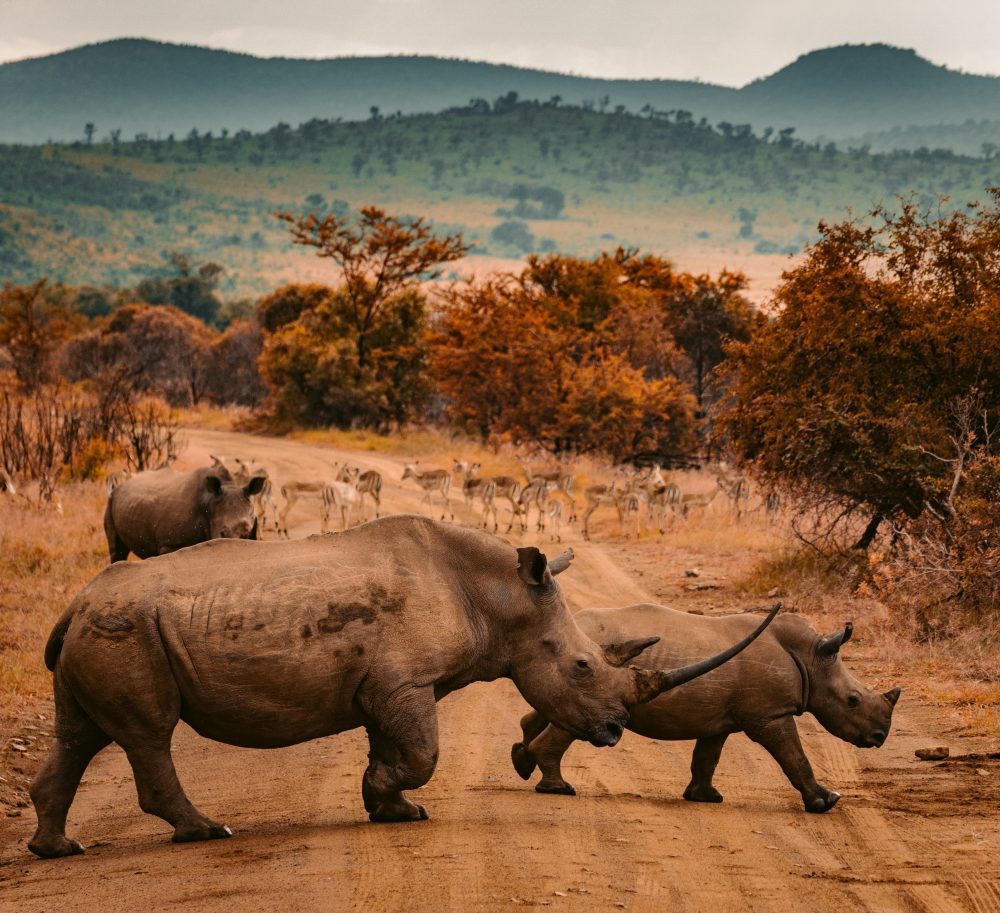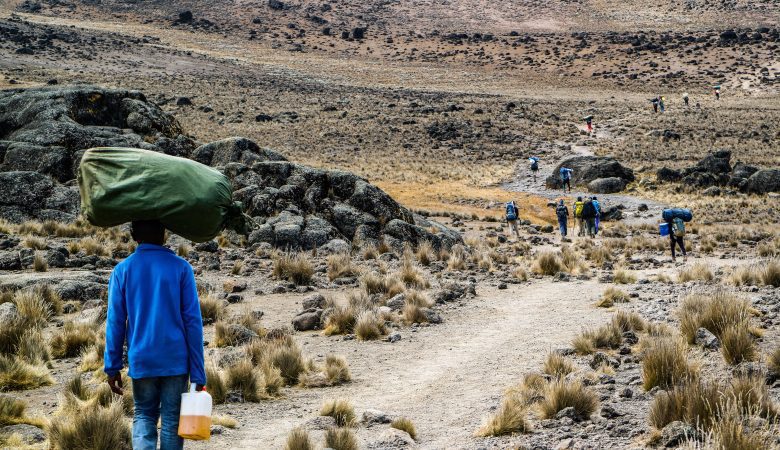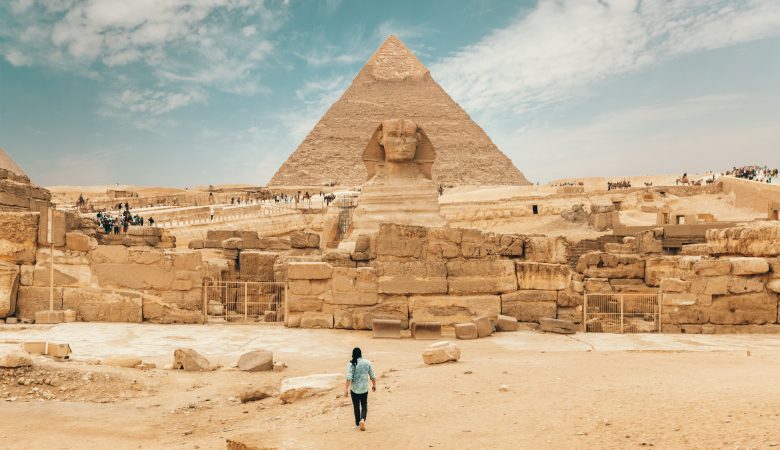Africa is known for its diverse wildlife, from the majestic elephants and lions to the graceful giraffes and zebras. However, over the years, Africa’s wildlife heritage has been under threat due to various human activities such as poaching and habitat destruction. Preserving Africa’s wildlife heritage is crucial not only for conservation purposes but also for ecological balance. In this blog post, we will delve into the current state of Africa’s wildlife, explore why it is essential to preserve this heritage, discuss the threats faced by African animals today, and discover what measures are being taken to conserve their populations. Join us on this journey as we embark on a mission to protect and safeguard Africa’s precious animal kingdom!
The current state of Africa’s wildlife
Africa is home to some of the most magnificent wildlife species in the world. However, many of these animals are facing severe threats due to human activities such as poaching and habitat destruction. According to recent studies, Africa has lost approximately 60% of its wildlife population in just over four decades.
Elephants have been hit particularly hard by poaching, with numbers declining at an alarming rate due to the demand for ivory tusks. Rhinos have also been targeted by poachers seeking their valuable horns which are believed to hold medicinal properties.
Habitat loss is another significant threat faced by African animals; deforestation and land conversion for agricultural purposes have led to a decline in suitable habitats for many species. This has resulted in increased competition for resources, leading to negative impacts on animal populations’ health and survival rates.
Climate change also poses a significant challenge as changing weather patterns can affect seasonal migration routes or disrupt breeding cycles.
The current state of Africa’s wildlife may seem bleak, but it is not all doom and gloom. Several organizations and governments across Africa are working tirelessly towards conservation efforts through initiatives such as anti-poaching measures, community education programs on sustainable living practices that benefit both humans and animals alike.
The importance of preserving Africa’s wildlife heritage
Africa’s wildlife heritage is a priceless treasure that deserves to be preserved. The continent boasts of some of the world’s most iconic species such as elephants, lions, rhinos and giraffes just to mention a few. These animals and many others are an integral part of Africa’s ecosystem and culture.
Preserving Africa’s wildlife heritage is not just about protecting these animals from extinction; it is also about safeguarding their habitats which in turn benefits other ecosystems. Animals play vital roles in pollination, seed dispersal and soil fertility maintenance. By preserving their habitats we ensure that these essential ecological processes continue undisturbed.
Moreover, Africa’s wildlife heritage is a source of attraction for tourists who come from all over the world to witness nature at its best. This brings significant economic benefits for local communities through employment opportunities directly or indirectly related to tourism activities.
Furthermore, preserving African wildlife heritage helps maintain cultural practices such as traditional medicine derived from plants found within the animal habitat range or hunting traditions that are still prevalent among some African cultures.
There can never be too much emphasis on why it is imperative to preserve Africa’s unique wildlife legacy. It serves important ecological functions while providing economic opportunities as well as maintaining cultural traditions within local communities across the continent.
The threats to Africa’s wildlife heritage
Despite being home to some of the world’s most iconic and charismatic species, Africa’s wildlife heritage is under threat. Habitat loss, poaching, human-wildlife conflict, climate change and disease outbreaks are just a few examples of the threats that African wildlife faces.
Habitat loss is one of the major factors leading to declining populations of African wildlife. Rapid urbanization, deforestation for agricultural purposes and illegal logging have led to fragmentation and destruction of natural habitats. Wildlife depends on these habitats for food, shelter and breeding grounds; without them they struggle to survive.
Poaching remains an enormous challenge throughout Africa with rhinos, elephants and pangolins among the species most heavily targeted by poachers. The demand for elephant ivory in Asia has remained high while rhino horn is highly valued as a luxury item across China and Vietnam.
Human-wildlife conflict arises from competition over resources such as water sources or grazing land between people living close to wild animals like lions or elephants who raid crops or kill livestock.
Climate change poses another threat with rising temperatures causing habitat shifts forcing many species into new areas where they may not be able to adapt fast enough.
Combating these threats requires urgent action through public awareness campaigns targeting all levels including governments, communities involved in conservation efforts as well as individual tourists visiting parks or reserves within Africa.
What is being done to preserve Africa’s wildlife heritage?
Preserving Africa’s wildlife heritage is an urgent matter that requires attention from all of us. We cannot afford to lose any more majestic animals or unique ecosystems. However, we can take heart in knowing that there are efforts being made to protect and conserve these treasures for future generations.
Governments around the continent have established national parks, reserves and conservation areas where wildlife is protected by law. International organizations such as World Wildlife Fund (WWF) and African Wildlife Foundation (AWF) work tirelessly with local communities to raise awareness about the importance of protecting wildlife habitats.
There is also a growing interest in ecotourism which not only helps support conservation efforts but provides livelihoods for people living near protected areas.
However, much more needs to be done. Poaching remains a significant threat, as well as habitat destruction caused by human activities such as mining and agriculture. It will require collective effort from governments, organizations and individuals to ensure that Africa’s wildlife heritage continues to thrive into the future.
Let us all do our part in promoting responsible tourism, supporting conservation efforts and raising awareness about the need for preservation so that our children can enjoy this magnificent natural heritage too!








